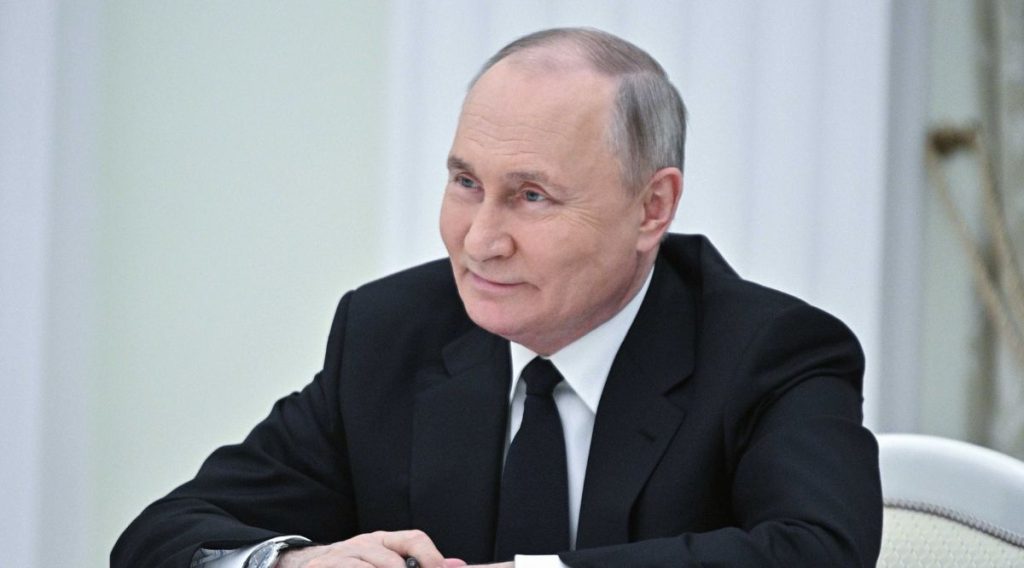Despite Vladimir Putin’s declared ceasefire in honor of Victory Day, both Russia and Ukraine have held back on major drone strikes.
Others are reading now
In the early hours of President Vladimir Putin’s three-day ceasefire, declared to mark the 80th anniversary of Victory in the Great Patriotic War, the skies above Ukraine and Russia were mostly quiet.
But while massive drone and missile attacks halted, the lull in violence did not bring a full stop to military activity.
According to Ukraine’s Air Force, no Russian attack drones or ballistic missiles were recorded after 20:30 local time on May 7, when Ukrainian defenses shot down the last of 20 Shahed drones.
The ceasefire, announced by Moscow, officially took effect at midnight on May 8 (Moscow time).
Also read
However, just hours into the truce, Russia reportedly carried out two guided aerial bomb strikes on Belopolye, a city in Ukraine’s Sumy region, destroying one residential building and damaging three others.
According to Ukraine’s State Emergency Service, one civilian was killed.
Ukraine’s Mixed Response
While Ukraine did not officially recognize or support the Kremlin’s ceasefire proposal, some reports suggest Kyiv may have quietly agreed to it.
Ukrainian MP Oleksiy Goncharenko (European Solidarity) claimed that the Ukrainian Armed Forces were issued informal instructions to observe the ceasefire window.
President Volodymyr Zelensky, however, had previously rejected Moscow’s limited three-day pause, instead proposing a 30-day ceasefire — a suggestion that was not reciprocated.
Russia’s Disruption After Record Ukrainian Drone Attack
The ceasefire follows a dramatic escalation just the day before.
On May 7, Ukraine launched a record-breaking drone assault, with Russia claiming to have intercepted 524 drones — the highest number in a single day since the war began. Moscow also said it shot down long-range Neptune missiles, JDAM smart bombs, and HIMARS rockets.
The fallout from the attacks included:
- Mobile internet restrictions across Russia, particularly in the Moscow and Kursk regions, with authorities jamming networks to prevent drone coordination.
- Banking and payment system disruptions, as firms warned customers of service outages due to mobile network interference.
- Air traffic chaos, with at least 350 flights delayed or canceled and 60,000+ passengers affected, according to the Association of Tour Operators of Russia (ATOR).
- Major Russian airlines, including Aeroflot, S7, and Ural Airlines, canceled or merged flights until May 10.
Kremlin spokesperson Dmitry Peskov urged the public to accept limitations on mobile internet until the end of the Victory Day celebrations, emphasizing “understanding and security.”
But with ongoing bombings, civilian casualties, and deep-rooted distrust, the ceasefire appears to be more symbolic than practical.


